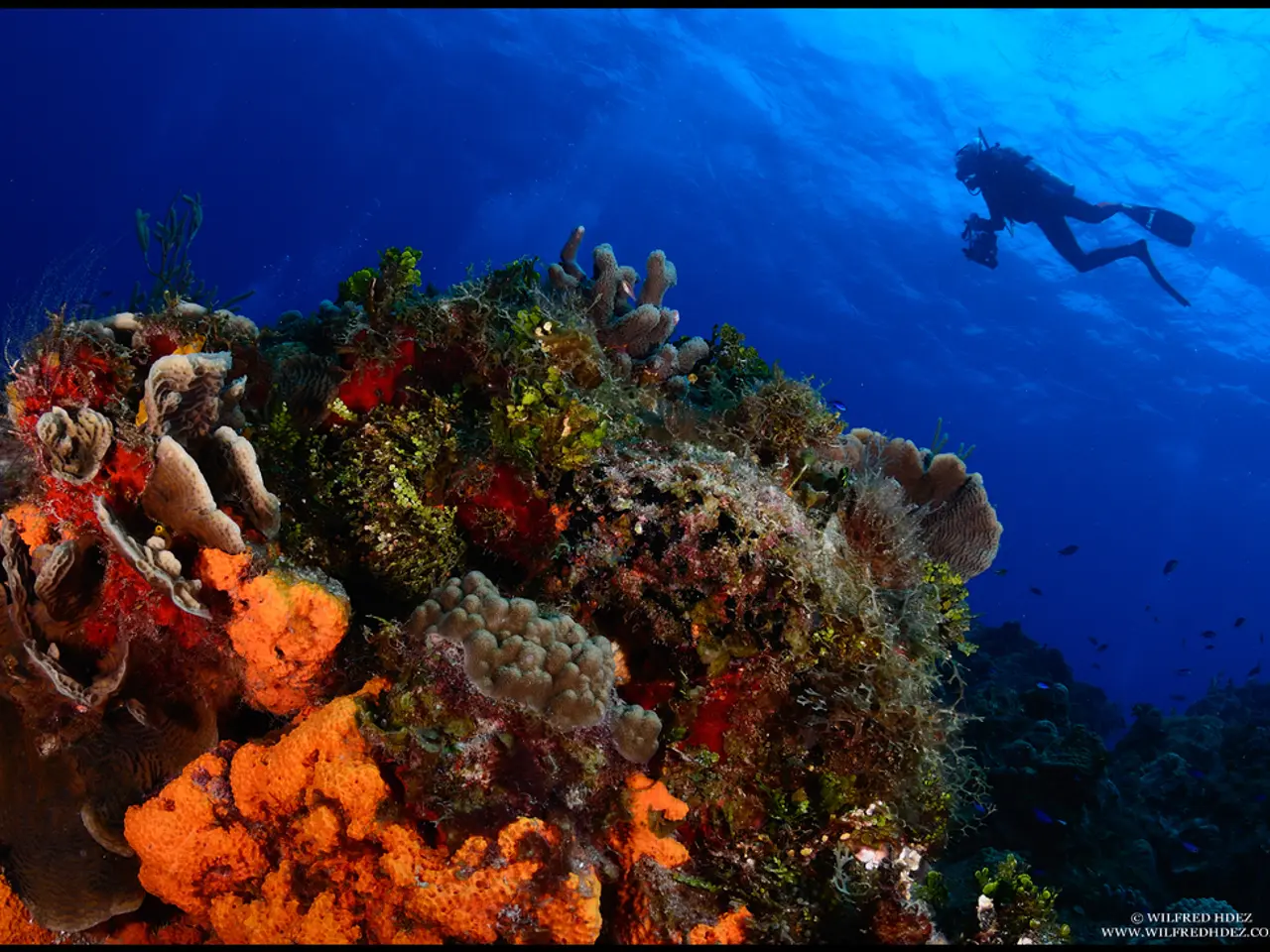Russian sanctions by the EU blocked by Slovakia
Slovakia has requested an exemption from the European Union's (EU) plan to phase out Russian gas by 2028, citing a long-term contract with Russian energy company Gazprom that runs until 2034. The contract, valued at around 16 billion euros, could potentially expose Slovakia to legal costs if it breaks the agreement prematurely.
Prime Minister Robert Fico argues that the EU's phase-out plan poses a threat to Slovakia's energy security and economic competitiveness. As a landlocked country heavily reliant on Russian gas, Slovakia fears that cutting off these supplies by 2028 could lead to dramatic price increases for consumers, double or triple transit fees, and potential gas shortages.
The Slovak government seeks a legal exemption to continue gas imports until 2034, aligning with the expiration of the Gazprom contract. However, the European Commission has rejected this exemption, stating that it would undermine the sanctions regime aimed at pressuring Russia in its war against Ukraine.
The Commission has proposed alternative support measures for Slovakia, including aid to mitigate energy costs and assistance with diversifying energy supplies. However, these measures have been deemed insufficient by the Slovak government.
In a letter dated Tuesday, the Commission has committed to developing a solution to reduce the costs of cross-border tariffs on gas and oil for Slovakia. The Commission also plans to clarify how an "emergency break" can be triggered if gas prices spike due to scarce supply during the Russian gas phase-out.
Kaja Kallas, the EU's foreign policy chief, expressed sadness that the sanctions against Russia did not get approved and stated, "the ball is in Slovakia's court." Slovakia's representative at a meeting of EU foreign ministers was tasked with requesting a delay to a planned vote on the sanctions.
The EU's proposals to ban Russian gas by 2028, with a gradual phase-out beginning next year, require support from a reinforced majority of countries to pass. This means that Slovakia alone cannot veto the sanctions.
The ongoing standoff between Slovakia and the EU highlights the complexities of energy policy in Europe and the challenges of balancing economic interests with geopolitical considerations. As the EU moves towards phasing out Russian gas, it must navigate these complexities while ensuring the security and competitiveness of its member states.
[1] Slovakia warns of potential legal costs of breaking gas contract with Gazprom. (2023, March 1). Retrieved from https://www.reuters.com/business/energy/slovakia-warns-potential-legal-costs-breaking-gas-contract-gazprom-2023-03-01/ [2] Slovakia blocks EU sanctions against Russia over gas concerns. (2023, March 1). Retrieved from https://www.bbc.com/news/world-europe-64713344 [3] Slovakia demands more guarantees on Russian gas phase-out. (2023, March 2). Retrieved from https://www.euractiv.com/section/energy/news/slovakia-demands-more-guarantees-on-russian-gas-phase-out/ [4] European Commission stands firm against Slovakia's request for gas exemption. (2023, March 2). Retrieved from https://www.reuters.com/business/energy/european-commission-stands-firm-against-slovakias-request-gas-exemption-2023-03-02/
- Slovakia's dispute with the European Union over its plan to phase out Russian gas by 2028 has become a prominent topic in general news and politics.
- Amidst this standoff, the EU is grappling with balancing policy-and-legislation aimed at reducing dependence on Russian energy, while considering the potential consequences for individual member states, such as Slovakia.
- The European Commission has proposed alternative measures to assist Slovakia in transitioning its energy supply away from Russia, but these measures have fallen short in addressing Slovakia's concerns about energy costs and security.
- Meanwhile, the EU is also dealing with other pressing issues, such as crime-and-justice, migration, and war-and-conflicts, but the question of Slovakia's gas imports has emerged as a significant point of contention.
- In addition to facing potential legal costs, Slovakia has raised concerns about the impact of a sudden phase-out of Russian gas on its economy, potentially leading to increased car-accidents due to financial strain and increased use of old, less efficient vehicles.
- As the EU works towards a consensus on the Russian gas phase-out, fires related to outdated energy infrastructure in Slovakia serve as a stark reminder of the potential risks associated with hasty policy changes and the importance of addressing these issues with caution and foresight.






